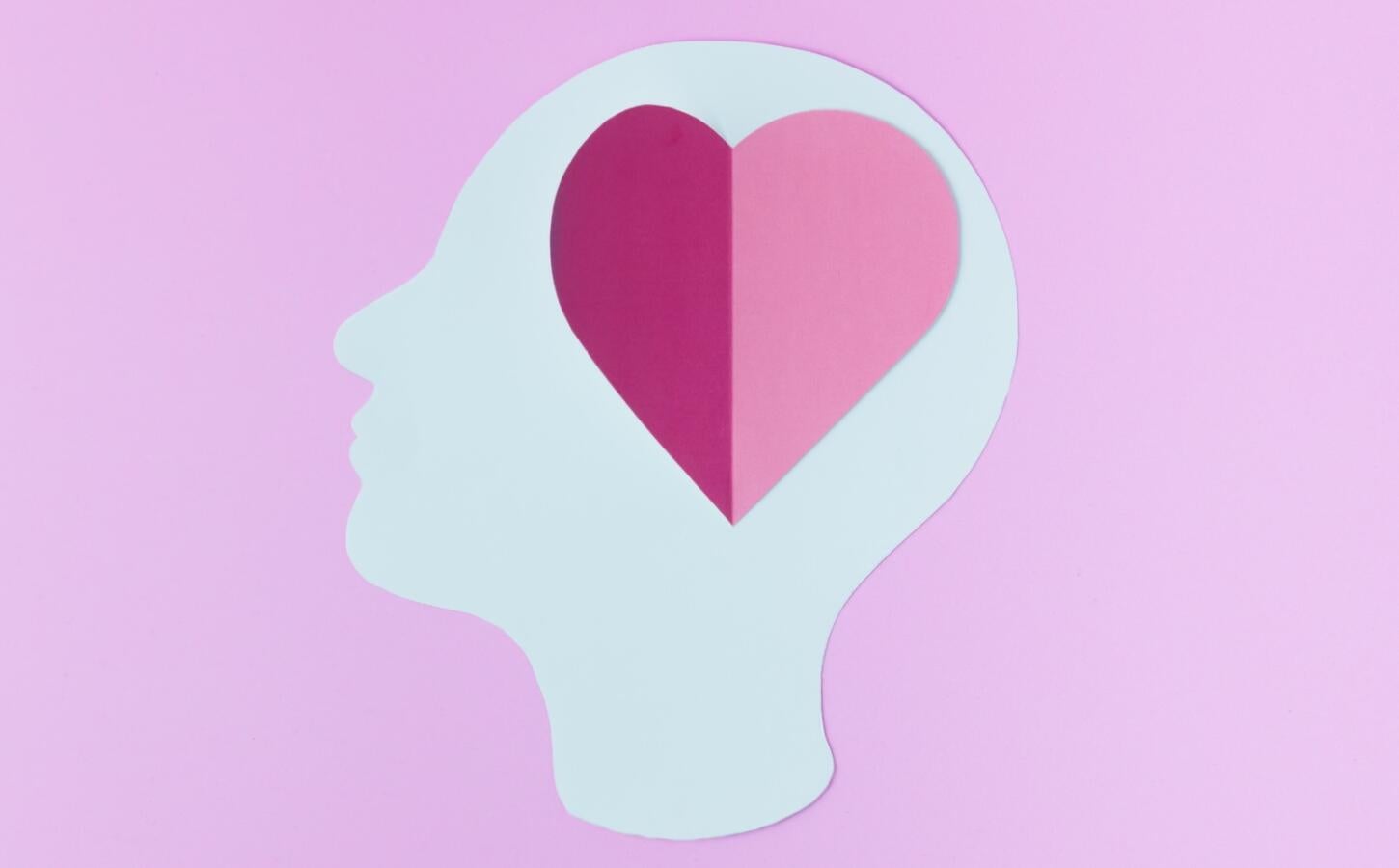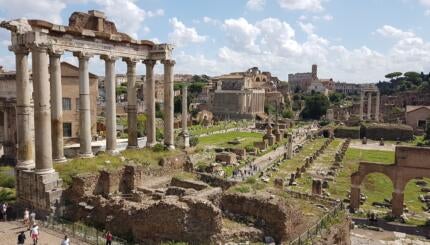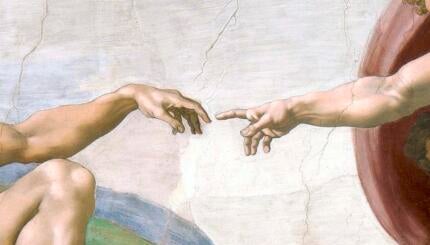I recently made a parenting error, one that will probably not be my last. After a long weekend afternoon, I thought The Breakfast Club would be a wonderful family movie for us to watch. I remembered Molly Ringwald’s indelible performance, the now-classic soundtrack and the evocative scenes of an all-American high school. I forgot a lot too — the language, the jokes and a lot of the cruelty. Yet this iconic movie teaches us some profound lessons.
In the film, five diverse teenagers share an unexpected afternoon in detention. They are vulnerable and share parts of themselves that allow them to forge surprising connections. It would have been easy for them to pretend the afternoon never happened and ignore each other in their regular lives, but they don’t. And by remembering one another, they affirmed each other’s value, which was what they all desperately needed. As its theme song by Simple Minds calls upon us repeatedly, “Don’t you, forget about me.”
The loving relationships that define our lives shape us profoundly. Even when the complicated reality of another surfaces, we can choose to recall those individuals at their best and show them love. In the Jewish tradition, we pray that God recognizes and cherishes us precisely in this way.
In the Book of Isaiah, in one of the haftarot of consolation read after Tisha B’Av, we are reminded of how God shows us love through memory just as a mother never forgets the love she has for her child. “Can a woman forget her baby, or disown the child of her womb? Though she might forget, I never could forget you.” (Isaiah 49:15) God shows us the ultimate love by remembering us — not only in an abstract sense, but in the visceral way a mother recalls her child. And yet, so many of us are prone to forgetfulness. We consume so much data and strive to achieve so many things we forget about the relationships that have shaped and anchored us. As a result, many of us may brandish long lists of our achievements, but can count many fewer relationships that have withstood the vicissitudes of time.
With your help, My Jewish Learning can provide endless opportunities for learning, connection and discovery.
Rabbi Abraham Isaac Kook teaches that despite our lapses, there is a way to remember more: “When [a person’s] understanding rises, it activates [his spiritual] memory. Spiritual elevation conquers time, [and so] forgetfulness — all of whose power is the function of time — has no dominion.” (Shemonah Kevatzim 1:294:1) When we are grounded through the regular performance of mitzvot, our souls can rise and transcend the force of time. We gain the ability to see beyond the material world and acquire the insight to put its demands in proper perspective. And when we can see the world clearly — as a place formed lovingly by a God that wants nothing more than to be in relationship with us — we remember.
The injunction to recall God and our commitment to one another is at the very core of ahavat yisrael, the love we are commanded to show one another. In many respects it is that love that is the backbone of Jewish peoplehood. As former chief rabbi of the United Kingdom Jonathan Sacks has observed:
There is no sense in Judaism of the atomic individual — the self in and for itself — we encounter in Western philosophy from Hobbes onwards. Instead, our identity is bound up horizontally with other individuals: our parents, spouse, children, neighbors, members of the community, fellow citizens, fellow Jews. We are also joined vertically to those who came before us, whose story we make our own. To be a Jew is to be a link in the chain of the generations, a character in a drama that began long before we were born and will continue long after our death. Memory is essential to identity.
In essence, to be a Jew is to eschew the illusion of aloneness. We carry our ancestors with us at all times. And when we remember this, we can often muster the formidable strength to thrive against all odds.
This past week, I recognized that strength personally. I had the honor of officiating at the wedding of a former student of mine and his now husband, both of whom had recently returned from war. As they both approached the chuppah, I started to tear up, amazed that we could come together for this moment of joy at such a heartbreaking time. In the moment before the grooms broke the glass, they proclaimed the words of the psalmist in unison: “If I forget thee O Jerusalem, may my right hand lose its cunning.”
Even as we gathered by a tranquil lake in New Hampshire, through ancient liturgy and current concern, we could not forget the specter of Israel. And in that moment, through the active act of remembrance, a Jewish family was elevated and united in a sacred moment. Time and distance contracted; history and present met. No one was forgotten, and in the midst of what was broken, we conjured the deepest loves — God’s love for us in the face of brokenness, and our love for one another. It was a complicated and precious moment. In that instant, we remembered what it truly means to be a Jew.
This article initially appeared in My Jewish Learning’s Shabbat newsletter Recharge on August 31, 2024. To sign up to receive Recharge each week in your inbox, click here.



